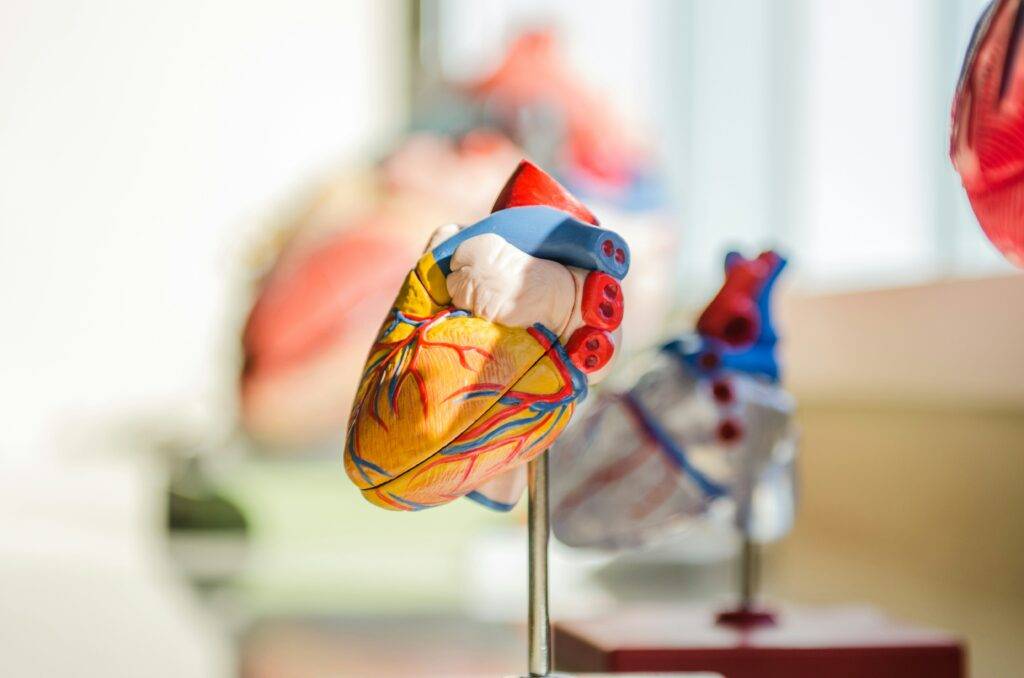Understanding Creatine and Its Uses
Creatine is a naturally occurring compound found in small quantities in certain foods and synthesized in the human body from amino acids. It is primarily stored in skeletal muscles, where it plays a crucial role in the production of adenosine triphosphate (ATP), the primary energy carrier during high-intensity athletic activities. Due to its influence on energy metabolism, creatine has gained considerable popularity among athletes and bodybuilders seeking to enhance their physical performance, increase strength, and support muscle growth.
There are several forms of creatine available in the market, with creatine monohydrate being the most extensively studied and commonly used. Other variations include creatine ethyl ester, buffered creatine, and creatine hydrochloride, each purportedly offering its unique benefits. However, creatine monohydrate remains the gold standard due to its proven efficacy, affordability, and safety profile. The typical recommended dosage for creatine supplementation is around 3 to 5 grams per day, often divided into multiple doses or taken post-workout for optimal uptake.
Creatine supplementation works primarily by replenishing ATP levels in the muscles, facilitating increased energy availability during short bursts of intense exercise. This leads to improved performance outcomes, including enhanced strength, power, and muscle mass over time. Scientific studies have demonstrated that athletes who incorporate creatine into their training regimens often experience superior results compared to those who do not. Notably, creatine is particularly effective in activities requiring quick energy bursts, such as weight training, sprinting, and high-intensity interval training.
Understanding the mechanisms behind creatine’s action is pivotal for grasping its significance in sports performance. By aiding in energy production and promoting recovery, creatine has established itself as a fixture in the world of athletic supplementation, contributing to more effective training sessions and improved physical capabilities.
My Experience with Creatine and Heart Palpitations
My journey with creatine supplementation began with a goal to enhance my athletic performance, specifically to improve my strength and endurance during workouts. After extensive research, I settled on a daily dosage of 5 grams, as this amount is commonly recommended and well-tolerated by most individuals. Initially, I experienced a notable increase in energy levels and muscle recovery, which encouraged me to maintain the regimen. However, within a couple of weeks, I began to notice an unexpected development: heart palpitations.
The heart palpitations began subtly. At first, they felt like a mild fluttering in my chest, occurring sporadically during my weightlifting sessions. I attributed this to the body adjusting to the supplement and pushed through with my workouts. However, the frequency of these palpitations increased, and they became more pronounced. I noticed that they were particularly intense during high-intensity intervals, raising concerns about my heart’s response to the supplementation.
Alongside the palpitations, I experienced some additional symptoms, including occasional shortness of breath and slight dizziness. These feelings prompted me to reevaluate my usage of creatine. It was particularly challenging because my workouts and daily life were affected; the anxiety surrounding these symptoms occasionally overshadowed my motivation to train. I consulted with a healthcare professional regarding my experiences and the potential connection to creatine. They provided insights into how the body metabolizes supplements and emphasized the importance of monitoring overall health.
Ultimately, it became essential for me to listen to my body. Though the benefits of creatine were appealing, the heart palpitations served as a reminder that each individual reacts differently to supplementation. This experience has taught me to approach fitness improvements holistically, weighing benefits against potential risks. My ongoing journey continues to inform my relationship with creatine and overall health strategies.
Research and Evidence on Creatine and Heart Health
The relationship between creatine supplementation and heart health has garnered considerable attention in both scientific research and anecdotal reports. Creatine, a compound synthesized in the body and also found in dietary sources such as meat and fish, plays a crucial role in energy metabolism, particularly during high-intensity exercise. However, concerns about its potential side effects, including heart palpitations, have prompted various studies to evaluate its safety.
A significant number of studies suggest that creatine supplementation is generally safe for healthy individuals when used appropriately. According to a comprehensive review published in the journal Medicine and Science in Sports and Exercise, creatine does not appear to adversely affect cardiovascular health in physically active individuals. Furthermore, research conducted by the American College of Sports Medicine indicates that there is no direct evidence linking creatine to an increased frequency of heart palpitations or other serious cardiovascular events in sports medicine.
In instances where participants in studies reported heart palpitations, these occurrences were often attributed to underlying health issues or atypical responses to high doses of the supplement, rather than creatine itself. Experts in nutrition and cardiology have pointed out that hydration status, dietary factors, and individual predispositions can also significantly influence how creatine affects one’s body and heart rhythm.
While anecdotal evidence often highlights personal experiences of palpitations during creatine use, it is essential to consider these accounts within the broader context of clinical research. Many users report improvements in athletic performance without any cardiovascular complications. Thus, while the potential for heart palpitations exists, it is crucial to approach the use of creatine with an understanding of one’s individual health profile and, when necessary, consult healthcare professionals for tailored advice.
Conclusion and Recommendations
Reflecting on my overall experience with creatine, it has become clear that this popular supplement can have varied effects on individuals. Throughout my journey, I observed that while creatine contributed positively to my workout performance and enhanced my strength gains, it also raised important concerns regarding heart health. The relationship between creatine intake and potential heart palpitations is particularly significant for those with pre-existing heart conditions. I found that staying attuned to my body’s responses was essential, as personal reactions to any supplement can differ widely.
It is crucial to understand that before starting any supplement regimen, including creatine, individuals should seek guidance from health professionals. Engaging with a healthcare provider can help ensure that any underlying health issues are addressed, particularly for those who may be more susceptible to heart-related side effects. A knowledgeable expert can provide tailored advice suited to one’s unique health needs and monitor any changes that may arise as a result of supplementation.
For those considering creatine, I recommend starting with a lower dosage to gauge your body’s response before gradually increasing the amount. Staying hydrated is vital, as dehydration can exacerbate potential side effects such as heart palpitations. Additionally, combining supplementation with a balanced diet and regular exercise can maximize benefits while minimizing risks. If any adverse symptoms occur—such as unusual heart rhythms or discomfort—discontinuing use and consulting a physician promptly is advisable. Ultimately, making informed decisions regarding health and wellness is essential, particularly when navigating the complexities of dietary supplements like creatine.

Mohammad Nazif Uddin is a Marketing and Supply Chain Management student and fitness enthusiast with over 5 years of bodybuilding experience. As the founder of Muscle Theory, he shares practical insights on fitness supplements to help others make informed choices and achieve their goals safely.

